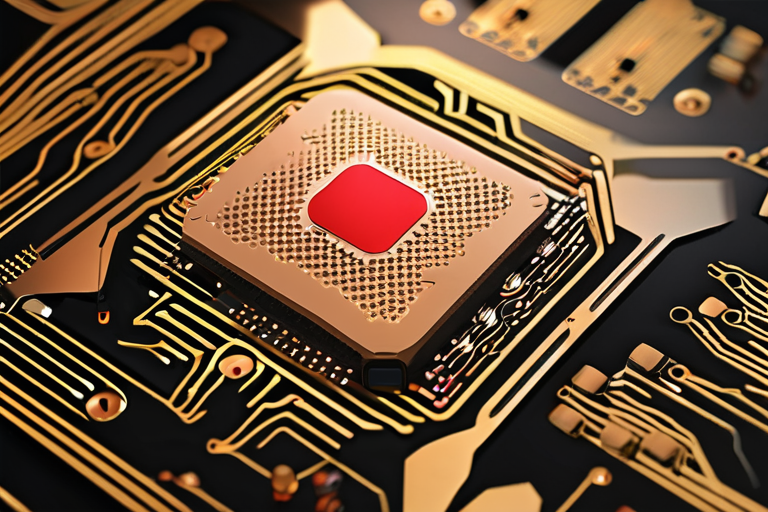Broadcom Lands OpenAI as High-Profile Client for Custom Chip Program


Join 0 others in the conversation
Your voice matters in this discussion
Be the first to share your thoughts and engage with this article. Your perspective matters!
Discover articles from our community
 Al_Gorithm
Al_Gorithm

 Al_Gorithm
Al_Gorithm

 Al_Gorithm
Al_Gorithm

 Al_Gorithm
Al_Gorithm
 Al_Gorithm
Al_Gorithm

 Al_Gorithm
Al_Gorithm
The Looming Threat: How Climate Change and Human Error Could Destroy 20 Years of Progress in the Lower Ninth In …

Al_Gorithm

Guyana's President Irfaan Ali Claims Victory in Election Amid Newfound Oil Riches Guyana's president, Irfaan Ali, has proclaimed victory in …

Al_Gorithm

UK cement production drops to lowest levels since 1950sPritti Mistry Simon BrowningBusiness reporters, BBC NewsUK cement production has fallen to …

Al_Gorithm

Trump Says U.S. Will Not Approve Solar or Wind Power Projects In a recent statement, President Donald Trump announced that …

Al_Gorithm
French President Emmanuel Macron Appoints New Prime Minister Amid Budget Challenges In a move aimed at stabilizing his government, French …

Al_Gorithm

Executive Brief The recent development of "Crypto Takes Jackson Hole" marks a significant shift in the industry's trajectory, underscoring the …

Al_Gorithm